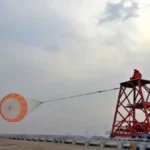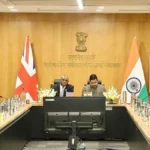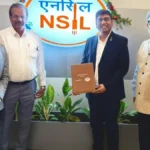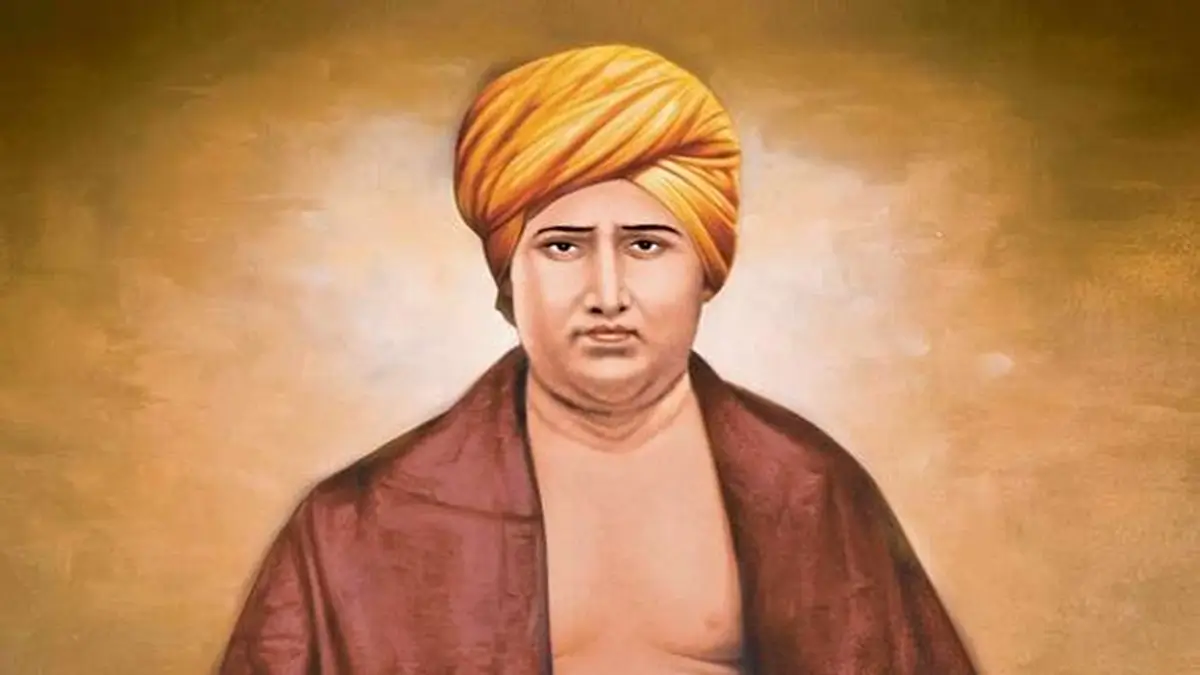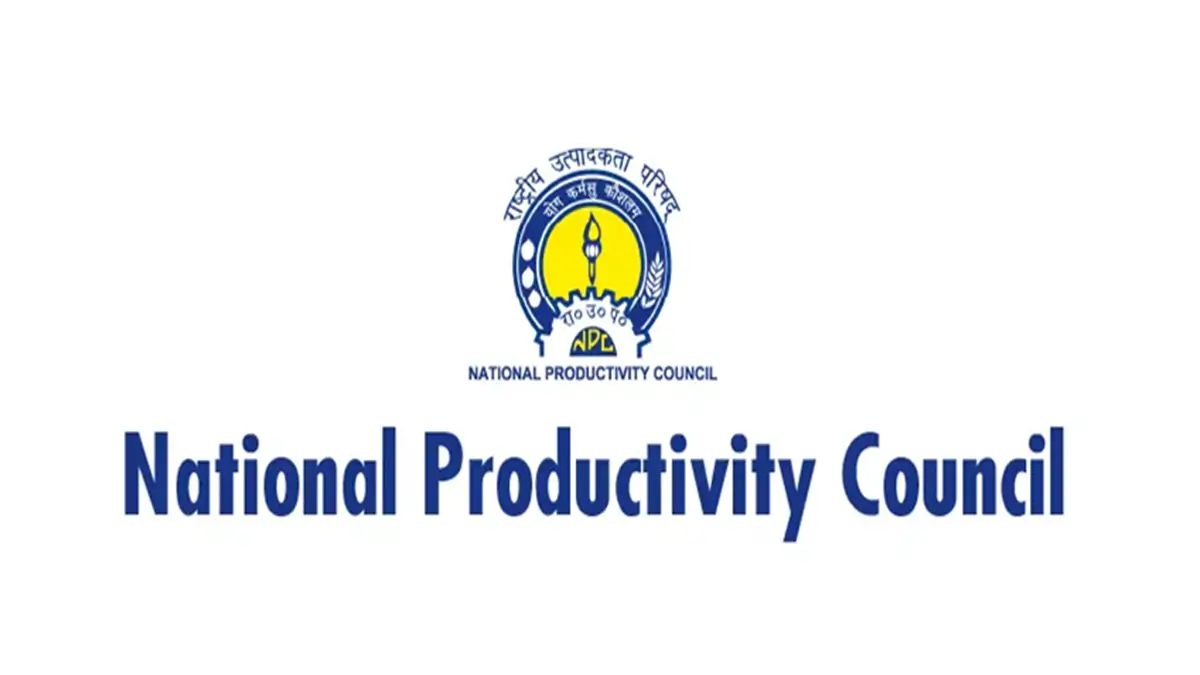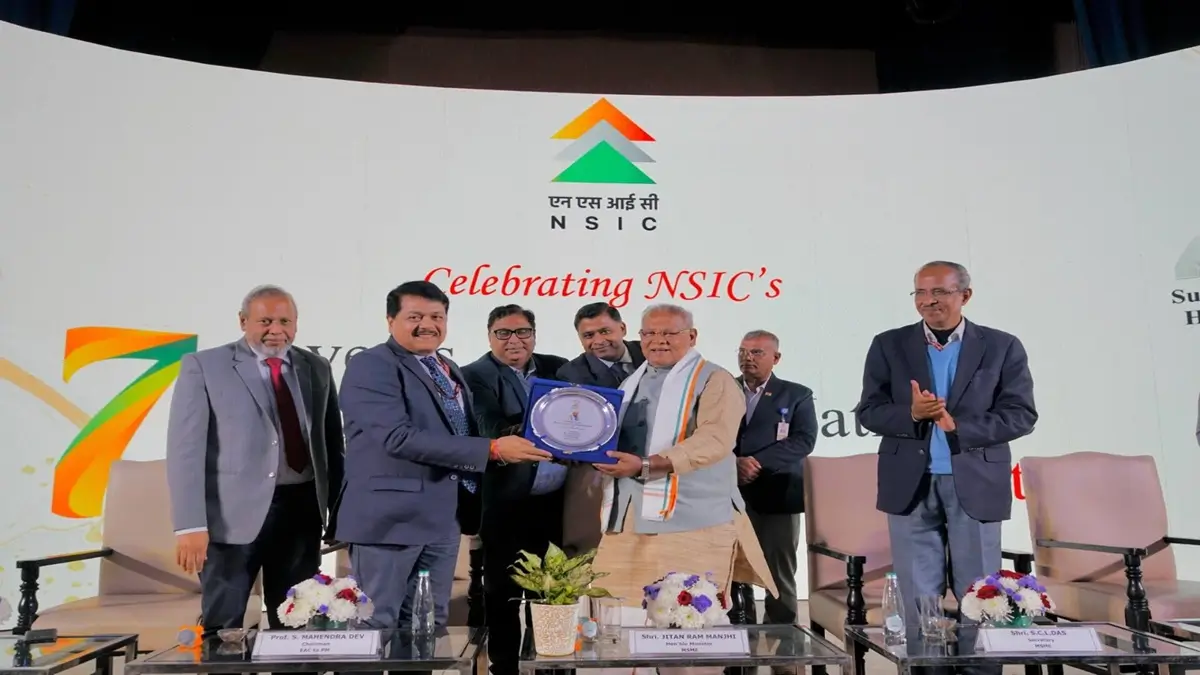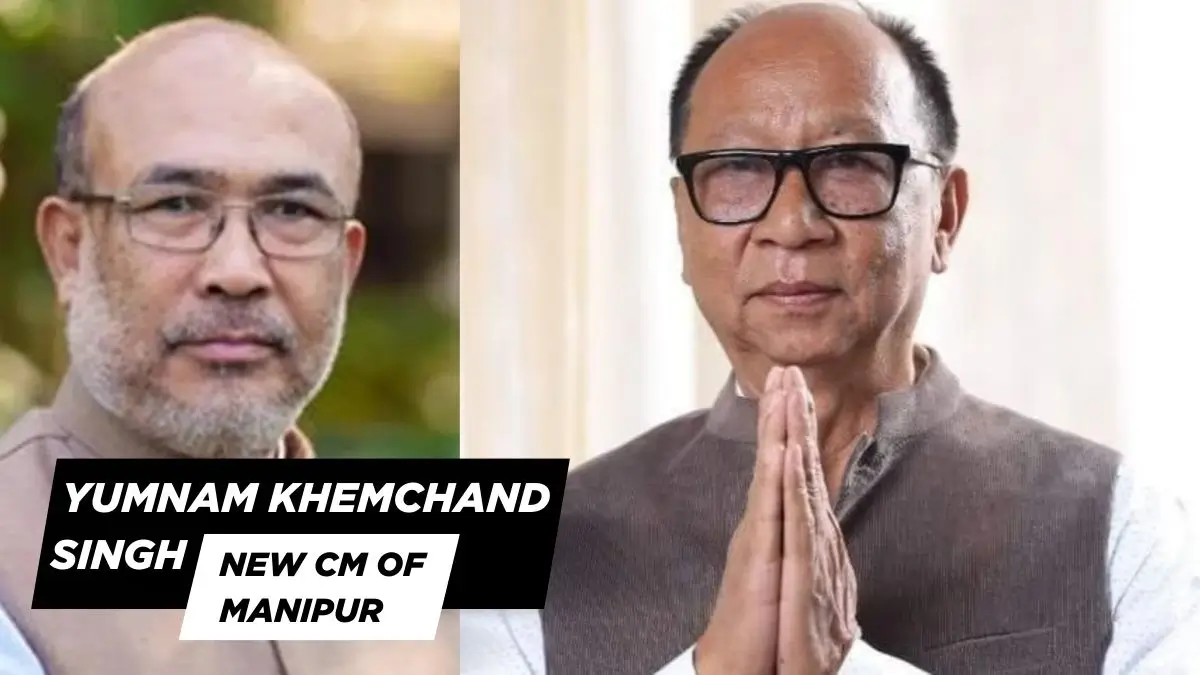Gaan-Ngai 2025 – A Celebration of Unity and Tradition in Manipur
Introduction to Gaan-Ngai Festival
Gaan-Ngai is a significant festival celebrated by the Rongmei Naga tribe in Manipur, marking the end of the harvest season. Held in the month of December or January, Gaan-Ngai celebrates the unity, culture, and traditions of the indigenous people of the region. The festival is a time for the community to come together in celebration, offering prayers to their ancestors and gods for a prosperous year ahead. The year 2025 will witness another grand celebration of this traditional festival.
Cultural Significance of Gaan-Ngai
Gaan-Ngai is a blend of religious, cultural, and social significance. It is believed to be a time when the ancestors return to the physical world to bless the community. The Rongmei people perform various rituals, including traditional dances, feasts, and songs, to honor their ancestors and gods. The festival also represents the culmination of the agricultural season, with communities coming together to give thanks for the year’s harvest.
Rituals and Celebrations
The celebrations of Gaan-Ngai are rich in traditional customs. One of the key features is the sacrificial offerings made to the gods and ancestors. Rituals are performed by village priests, and the entire community participates in the festivities. The Rongmei people sing traditional songs, perform dances, and prepare a variety of food to share with family and friends. The unity displayed during these celebrations reflects the deep sense of community that is at the heart of the Rongmei tribe’s culture.
Modern-Day Celebrations of Gaan-Ngai
While Gaan-Ngai has deep traditional roots, modern celebrations have seen a blend of cultural exchange. As Manipur becomes more interconnected with the rest of India, Gaan-Ngai is being recognized not only within local communities but also nationally. Efforts to preserve the tradition and promote the festival’s significance continue, with cultural programs and events held in different parts of the country, highlighting the diversity of India’s tribal communities.
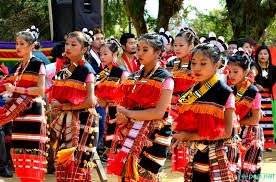
Why this News is Important
Cultural Preservation and Heritage
The celebration of Gaan-Ngai in 2025 holds immense importance as it showcases the efforts to preserve and promote indigenous traditions in Manipur. This festival is a vibrant reflection of the region’s history, showcasing unique cultural practices that have been passed down through generations. Celebrating this festival is a way of ensuring that future generations continue to recognize the value of cultural heritage, particularly for tribes such as the Rongmei Naga, whose traditional customs and rituals might otherwise face the threat of being forgotten.
Symbol of Unity and Social Harmony
Gaan-Ngai represents a time of unity for the Rongmei people and their neighboring communities. In the context of Manipur, where multiple ethnic groups coexist, the festival plays a crucial role in fostering peace and unity. It brings people from various backgrounds together, allowing them to participate in a shared cultural experience. In times of social and political challenges, such festivals are important as they help to strengthen the bond of harmony among different communities.
Tourism and Economic Impact
In recent years, festivals like Gaan-Ngai have also become a focal point for promoting tourism in Manipur. With national and international tourists showing interest in experiencing traditional tribal festivals, the local economy benefits from tourism-related activities. This has implications for the state’s development, as promoting such cultural festivals helps generate revenue and employment, which in turn supports the overall economic growth of the region.
Historical Context: Background of Gaan-Ngai Festival
The origins of Gaan-Ngai trace back to the ancient religious practices of the Rongmei Naga tribe. This tribe, primarily residing in the northeastern states of India, particularly Manipur, has a long history rooted in animistic beliefs. The festival symbolizes the bond between the people and their ancestors, as well as their connection to the land and nature. It is one of the oldest festivals celebrated by the Rongmei people and has been passed down through generations.
Historically, Gaan-Ngai was not just a religious occasion but also a social event, where the tribe would come together to celebrate the harvest, resolve disputes, and make decisions about the coming year. The festival is a reminder of the interconnectedness of the Rongmei community, their customs, and the environment they depend on.
In the modern era, Gaan-Ngai is celebrated with more inclusivity, as various groups within the region participate, making it a more widely recognized cultural event. The festival has seen a resurgence of interest among younger generations, who are working to keep the tradition alive amid a rapidly changing world.
Key Takeaways from Gaan-Ngai 2025 – A Celebration of Unity and Tradition in Manipur
| S. No. | Key Takeaway |
|---|---|
| 1 | Gaan-Ngai is a significant festival for the Rongmei Naga tribe in Manipur, celebrating unity and cultural heritage. |
| 2 | The festival marks the end of the harvest season and involves rituals, dances, songs, and sacrificial offerings. |
| 3 | Gaan-Ngai symbolizes the return of ancestors and gods, blessing the community for a prosperous year. |
| 4 | The festival fosters social harmony and unity among different communities, enhancing the region’s cultural landscape. |
| 5 | Gaan-Ngai has become a focal point for promoting tourism in Manipur, contributing to the local economy and development. |
Important FAQs for Students from this News
1. What is Gaan-Ngai Festival?
Gaan-Ngai is a traditional festival celebrated by the Rongmei Naga tribe in Manipur. It marks the end of the harvest season and is a time for the community to come together and honor their ancestors and gods.
2. When is Gaan-Ngai celebrated?
The festival is typically celebrated in the month of December or January, depending on the lunar calendar.
3. What are the key rituals associated with Gaan-Ngai?
Key rituals include sacrificial offerings to gods and ancestors, traditional dances, songs, and community feasts. These activities are performed to express gratitude for a successful harvest and to seek blessings for the coming year.
4. How does Gaan-Ngai contribute to social unity?
Gaan-Ngai serves as a platform for promoting social unity as people from different communities come together to celebrate. It strengthens the bond among various ethnic groups in Manipur and helps foster a sense of peace and harmony.
5. How does Gaan-Ngai affect Manipur’s economy?
Gaan-Ngai attracts tourism, which positively impacts the local economy. The festival brings in national and international visitors, boosting hospitality and related industries.
6. Why is Gaan-Ngai important for preserving culture?
Gaan-Ngai is essential in preserving the traditional practices and customs of the Rongmei Naga tribe. It ensures that the younger generation stays connected to their roots while also educating outsiders about the cultural heritage of Manipur.
Some Important Current Affairs Links





